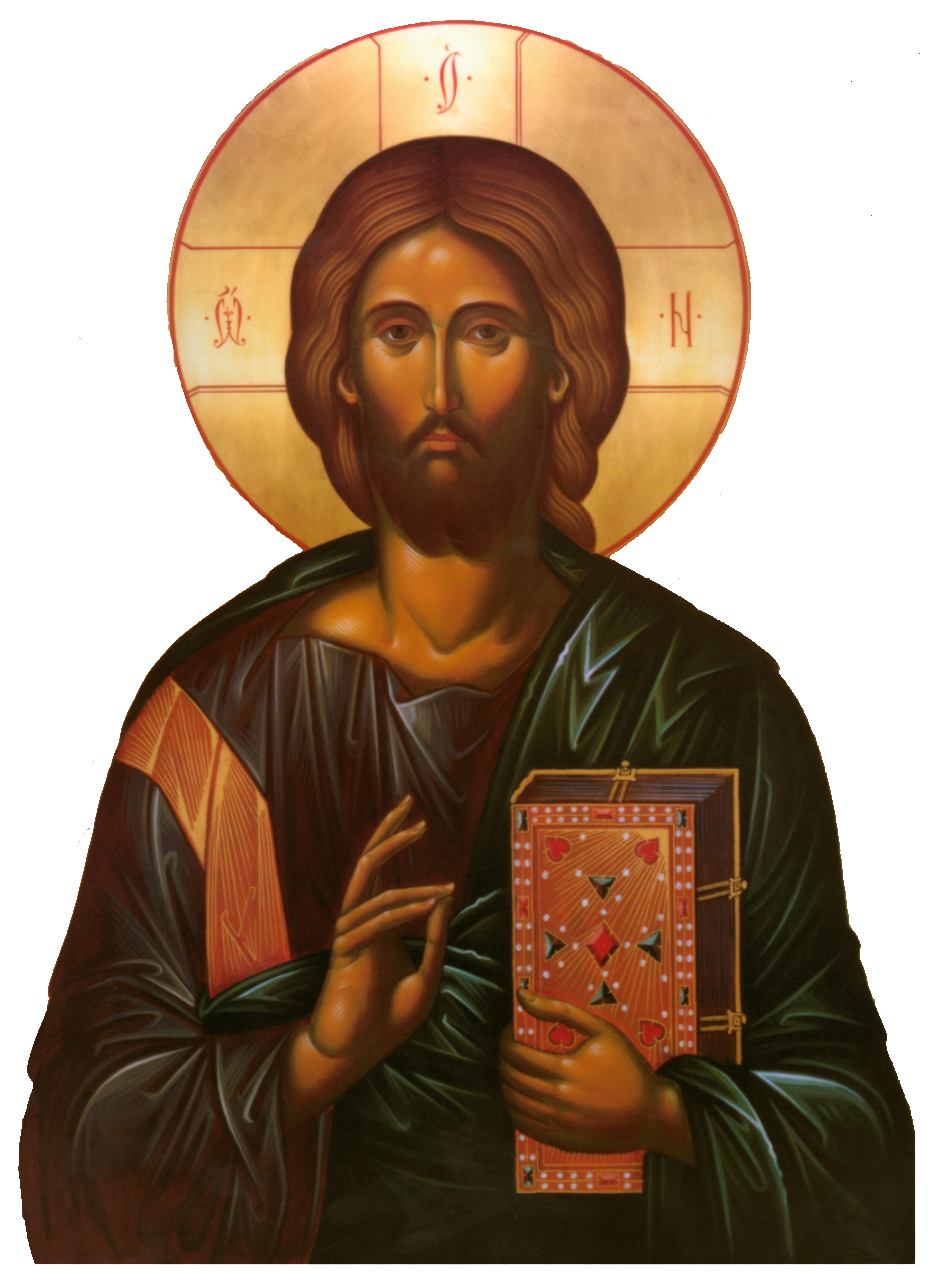Embarking upon an inquiry into the presuppositions of any worldview invariably leads us to the epistemological culmination embodied in the Orthodox Triune God. Transcendental elements permeate our lived experience; we grapple with the universals of logic, bear witness to the teleology of existence, and are accountable to the ethical standards that govern our interactions. While distinctly part of our human experience, these transcendental entities remain elusive in their ontological origins, forming the aporetic nucleus at the heart of our philosophical investigation.
Indeed, to render this metaphysical exploration in more accessible terms, let's envision our lived reality as a workshop wherein we are artisans utilizing various non-tangible tools. These tools—logic, telos, providence, ethics, and the immaterial mind—are not mere instruments at our disposal but intrinsic components of our existential framework. We are grounded in their reality, irreversibly intertwined. Attempting divorce from these universals would be akin to a fish trying to separate itself from water. These tools shape and define our comprehension of the world and our place within it.
Yet, the true challenge arises when we transition from usage to understanding. To explicate these tools, to comprehend their essence and their reason for existence—this is where we venture into philosophical territory. We grapple with giving an account of these universals, bridging the gap between their empirical utility and their metaphysical origins. It is in this endeavor that we find the limitations of many paradigms. They falter under the weight of such profound inquiry, unable to satisfactorily account for these intangible yet indispensable tools.
When tasked with the onus of accounting for these elements, a multitude of paradigms flounder in the face of such inherent mystery. Yet, the Orthodox paradigm stands resilient amidst the philosophical storm. The resilience of the Orthodox paradigm amidst the philosophical storm can be attributed to its unique conception of the Triune God, which provides an ontological grounding for these transcendentals.
Therefore, the Orthodox understanding of the Triune God serves as the coherent nexus, a sine qua non, for these disparate, transcendent facets of reality. It is the philosophical lighthouse, illuminating the murky waters of metaphysical uncertainty with the beacon of Divine Revelation. All other paradigms find themselves adrift, rudderless in the face of such ontological mysteries, whereas the Orthodox paradigm, anchored in the unchanging nature of the Triune God, presents the only cogent account for the existence and experience of these transcendentals.
-GP
May the eternal Father, the Only-Begotten Son, and the All-Holy and Good and Life-Giving Spirit, be with us.


